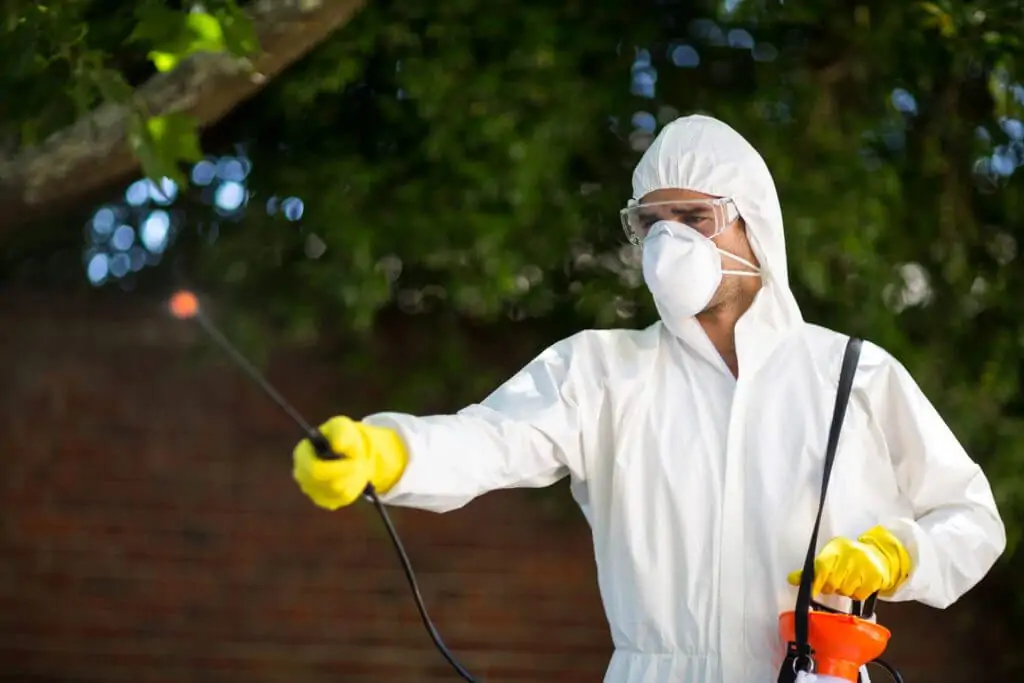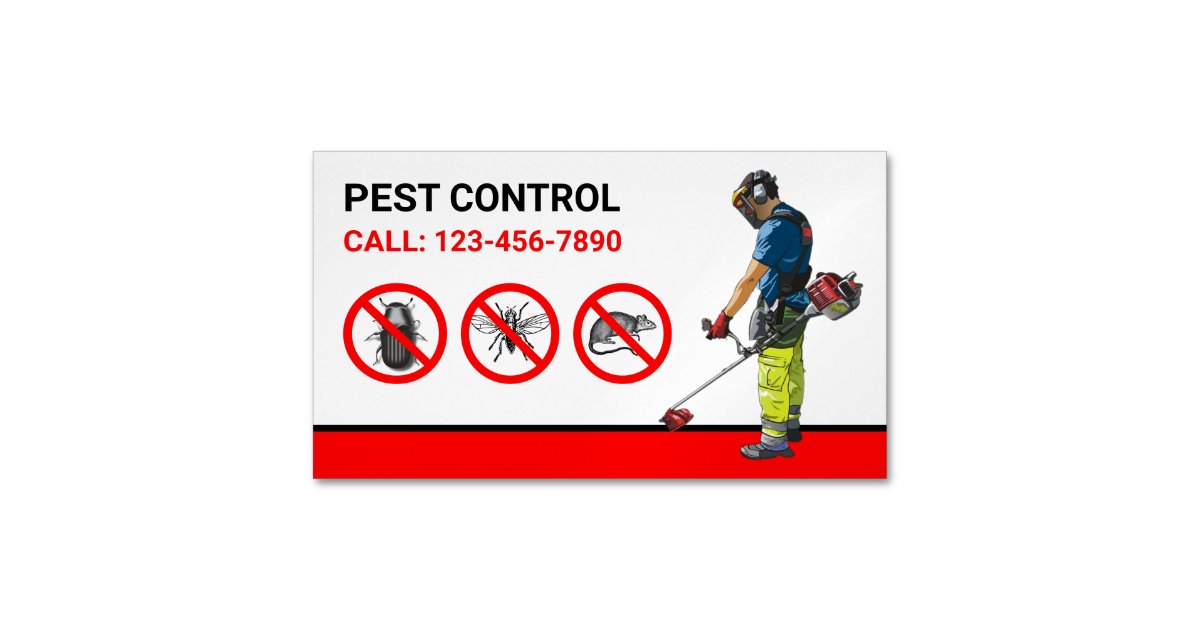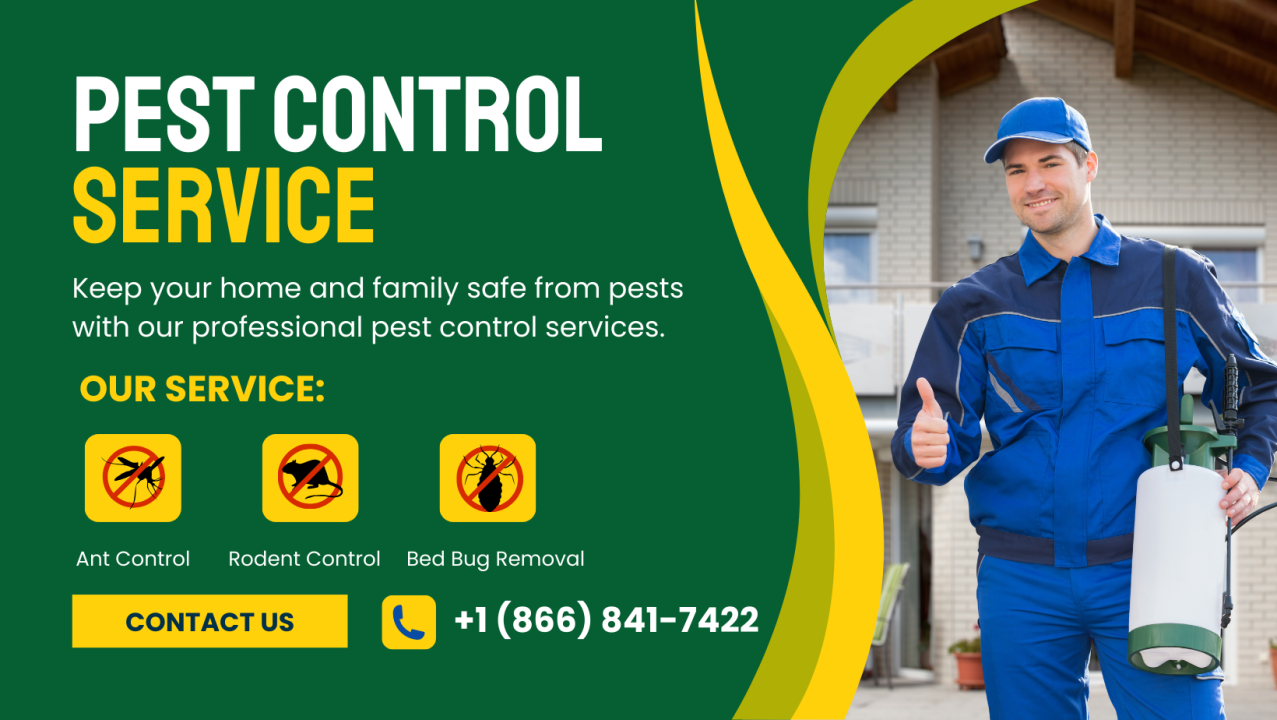Comprehending the Numerous Techniques to Pest Control: A Comprehensive Overview

All-natural Bug Control Approaches
Utilizing green techniques such as buddy growing and organic bug control is important for efficiently handling parasites in farming setups. Friend planting involves growing different plants in distance to hinder pests, boost nutrient uptake, and boost total plant health and wellness. Planting marigolds along with tomatoes can aid push back nematodes. Intercropping maize with vegetables can disrupt the breeding patterns of parasites like corn borers.
Organic insect control entails presenting natural predators or virus to manage pest populaces. Ladybugs, for circumstances, feed on aphids, regulating their numbers without the need for chemical pesticides. An additional example is using Bacillus thuringiensis (Bt), a germs that targets details insect bugs while being safe to people, pets, and valuable bugs.
These environmentally friendly approaches not only lower the reliance on artificial pesticides yet also aid protect biodiversity and dirt health and wellness. By including natural bug control methods into farming practices, farmers can accomplish lasting parasite administration while decreasing negative effect on the setting.

Chemical Insect Control Solutions
Along with all-natural pest control techniques, the use of chemical pest control services plays a substantial duty in efficiently handling pest populaces in farming settings. Chemical pest control services are developed to target details pests that may trigger substantial damages to plants. These remedies often include artificial chemicals that are made to eradicate pests rapidly and effectively.
Among the vital benefits of chemical pest control services is their effectiveness in controlling pest infestations widespread. Farmers can apply these solutions using different techniques such as splashing, airing out, or seed treatment to protect their plants from unsafe pests, weeds, and diseases. Furthermore, chemical insect control remedies are relatively simple to use and can give rapid outcomes, aiding farmers secure their returns and lessen economic losses.
However, it is essential to utilize chemical pest control solutions carefully to decrease potential adverse effects on the atmosphere, non-target organisms, and human wellness. Appropriate application strategies, adherence to safety standards, and routine surveillance are vital to guarantee the liable use of chemical parasite control options in agricultural methods.
Organic Parasite Control Approaches
Biological parasite control comes close to leverage all-natural predators or pathogens to handle parasite populations in farming setups efficiently. This technique supplies a green and lasting solution to pest management, minimizing the reliance on artificial chemicals and minimizing damage to the setting. One usual organic control method is the introduction of all-natural opponents, such as ladybugs or parasitic wasps, to target specific parasites. These killers prey on the parasites, aiding to control their populaces normally - pest control clovis.
Another biological control approach entails using microorganisms like microorganisms, fungi, or viruses to contaminate and eliminate pests. Overall, biological insect control approaches supply a sustainable and targeted remedy to pest administration in farming.
Integrated Bug Management (IPM)
Integrated Pest Administration (IPM) is a comprehensive technique that incorporates different bug control techniques to effectively handle and lessen pest populations in agricultural systems. IPM concentrates on long-lasting prevention of bugs via a mix of organic, cultural, physical, and chemical control methods. By incorporating these various methods, IPM intends to decrease reliance on chemical pesticides, minimize ecological impact, and promote lasting insect administration techniques.
One key element of IPM is making use of biological controls such as natural killers, bloodsuckers, and pathogens to regulate parasite populaces. This approach harnesses the power of nature to maintain an equilibrium between pests and their natural adversaries without creating damage to the environment.
Furthermore, IPM includes cultural methods like crop rotation, hygiene, and habitat manipulation to develop undesirable conditions for pests and interrupt their life process. Physical controls such as traps, composts, and barriers are likewise utilized to stop pest invasions.
Mechanical and Physical Pest Control Strategies
Using non-chemical techniques, such as physical and mechanical parasite control techniques, is a vital facet of detailed insect management techniques, developing upon the foundation of Integrated Bug Management's alternative strategy. Mechanical why not try these out parasite control includes the usage of physical barriers or catches to avoid bugs from accessing and damaging crops or structures. This method can include methods like mounting screens on windows, using row covers in agriculture, or utilizing sticky catches to catch pests.
Physical parasite control methods, on the other hand, focus on straight removing bugs via physical methods. Making use of heat therapies to get rid of bed pests or vacuuming up parasites like crawlers or ants can be efficient means to take care of invasions without the usage of view it chemicals. By including these mechanical and physical parasite control strategies right into an Integrated Bug Administration strategy, experts and people can lower dependence on pesticides while still successfully taking care of pest populaces and minimizing damages.
Final Thought

In addition to all-natural pest control techniques, the utilization of chemical parasite control remedies plays a considerable role in properly handling pest populations in farming environments.One of the vital advantages of chemical pest control options is their efficiency in controlling parasite infestations on a huge scale.Integrated Parasite Administration (IPM) is a comprehensive technique that combines numerous pest control approaches to efficiently take care of and minimize pest populaces in farming systems.Using non-chemical approaches, such as mechanical and physical parasite control techniques, is a critical aspect of detailed pest administration approaches, building upon helpful hints the structure of Integrated Parasite Management's alternative strategy. By incorporating these physical and mechanical parasite control techniques into an Integrated Bug Management plan, professionals and individuals can minimize dependence on pesticides while still efficiently handling pest populaces and minimizing damages.